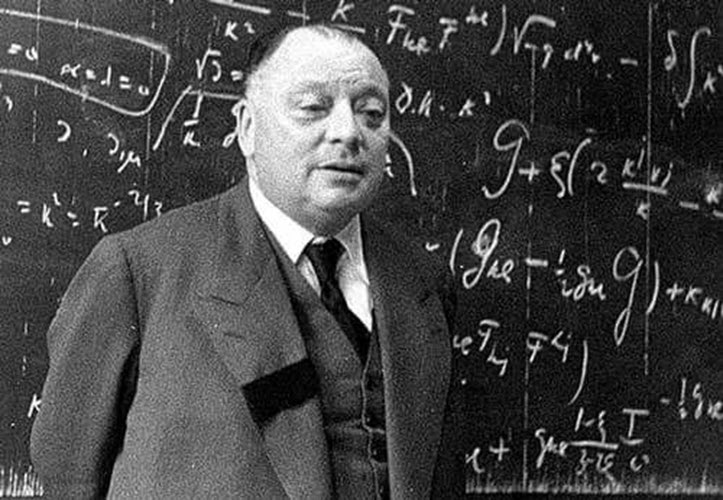Wolfgang Pauli (25 April 1900 – 15 December 1958) was an Austrian-born physicist who made significant contributions to the development of quantum mechanics. He was awarded the Nobel Prize in Physics in 1945.
Life and Career
He was born on 25 April 1900, in Vienna, Austria. He received his early education in Vienna, Austria, where he was born in 1900. He attended primary school and then the Doblinger Gymnasium, a prestigious high school in Vienna. After graduating from high school in 1918, he enrolled at the University of Munich, where he studied physics and mathematics.
He received his Ph.D. from the University of Munich in 1921, at the age of 21, under the supervision of Arnold Sommerfeld. His doctoral thesis was on the theory of ionization in gases, and it was an important contribution to the understanding of the properties of matter.
After receiving his Ph.D., he continued to work with Sommerfeld at the University of Munich for several years. He then worked at several other institutions, including the University of Hamburg, the Institute for Theoretical Physics in Copenhagen, and the Swiss Federal Institute of Technology in Zurich.
He made important contributions to several areas of theoretical physics throughout his career, including quantum mechanics, particle physics, and the theory of relativity.
One of Pauli’s most famous contributions to physics is the Pauli exclusion principle, which he formulated in 1925. This principle states that no two electrons in an atom can occupy the same quantum state simultaneously. This principle has had a profound impact on our understanding of the properties of matter and is a key element in the theory of chemical bonding.
Pauli also made important contributions to the theory of relativity. In 1927, he developed the Pauli matrices, a set of mathematical tools that are used to describe the behavior of particles with spin. These matrices are now an important part of the theory of quantum mechanics and are used extensively in particle physics.
In addition to his work on quantum mechanics and relativity, he was also a key figure in the development of the modern theory of particle physics. He was one of the first physicists to propose the existence of the neutrino, a fundamental particle that is now known to be involved in a wide range of physical processes.
He died on 15 December 1958, in Zurich, Switzerland.
Award and Legacy
He was awarded the Nobel Prize in Physics in 1945 for his work on the theory of the structure of atoms and the discovery of the Pauli exclusion principle.
His work also contributed to the development of quantum field theory, which has been instrumental in our understanding of particle physics. He was a key player in the development of the theory of relativity, and he made important contributions to the development of the atomic bomb during World War II.
Overall, Wolfgang Pauli’s contributions to physics have been immeasurable, and his legacy continues to inspire physicists today. The Wolfgang Pauli Award is a testament to his impact on the field, and it is a fitting tribute to a scientist who made such important contributions to our understanding of the universe.

